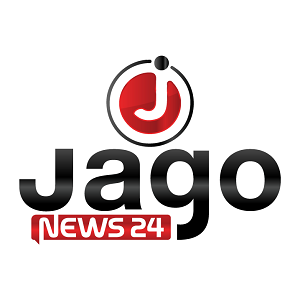Starlink on trial run in Bangladesh with 120 Mbps speed

SpaceX’s satellite-based internet service, Starlink, owned by Elon Musk, has officially launched in Bangladesh on a trial basis.
The trial activities commenced on Wednesday morning (April 9) during the third day of the Bangladesh Investment Summit held at the InterContinental Dhaka.
The organisers of the summit announced that after its initial trial, Starlink’s internet service was made freely accessible to everyone at the InterContinental Hotel, the venue of the investment summit.
Guests and visitors attending the event were able to experience satellite-based internet technology without any charges. According to the organisers, this free access will continue at the hotel on Thursday (April 10).
Bangladesh Satellite Company Limited (BSCL) is responsible for demonstrating Starlink’s internet service at the venue. BSCL officials revealed that efforts to launch the trial began on April 7, and it has now been successfully implemented. However, there has been no official announcement from either the government or Starlink regarding the full-scale commercial launch of the service in Bangladesh.
On the day of the trial launch, the download speed of Starlink’s internet at the conference venue ranged between 100 to 120 Mbps, showcasing the service’s potential to deliver high-speed connectivity.
The service generated significant interest among attendees, including guests and media personnel, leading to increased user traffic. As a result, BSCL officials noted that the speed fluctuated slightly due to the high demand.
At the venue, BSCL set up a dedicated Starlink booth to facilitate the demonstration.
Touhidul Islam, the company’s assistant manager overseeing the booth, explained that the service is being provided through four terminals connected to five Wi-Fi routers. Each router can support between 70 to 100 users simultaneously, ensuring robust connectivity for attendees.
According to BSCL officials, Bangladesh will need to establish its own gateway station to officially launch Starlink’s services nationwide, as per regulations set by the Bangladesh Telecommunication Regulatory Commission (BTRC).
For now, the internet service at the conference is being routed through a Malaysian gateway.
The Bangladesh Investment Development Authority (BIDA) granted investment registration to Starlink on March 29, allowing the company to operate within 90 working days.
While this approval paves the way for operational readiness, Starlink must still obtain an NGSO (Non-Geostationary Satellite Orbit) license from the BTRC to commercially launch its services. The approval process for this license has reportedly already begun.
Although no official pricing has been announced for Starlink’s services in Bangladesh, the cost of the service is known to be relatively expensive in other countries.
To access Starlink, users are required to purchase a starter kit, which includes a satellite dish, router, cables, and a power supply.
As per information available on Starlink’s website, the price of the starter kit ranges from $349 to $599, translating to approximately Tk 60,000 to Tk 70,000 in Bangladesh. Additionally, users will need to pay a monthly subscription fee, estimated to range between Tk 12,000 and Tk 17,000.
A spokesperson for BSCL, Omar Haider, highlighted the company’s technical expertise and readiness to collaborate with Starlink.
He said, “We have started working with Starlink and possess the necessary technical capabilities. With five years of experience in ground stations, field-level distribution panels, and satellite operations, we are well-equipped to provide commercial services soon if the government approves.”
The trial launch of Starlink in Bangladesh marks a significant step toward enhancing internet connectivity, particularly in underserved and remote areas. If successfully implemented, this satellite-based technology could revolutionise internet access across the country, bridging the digital divide and fostering economic growth.

